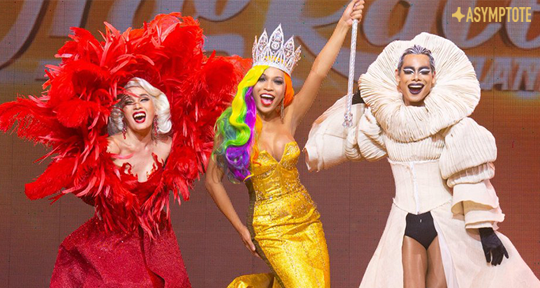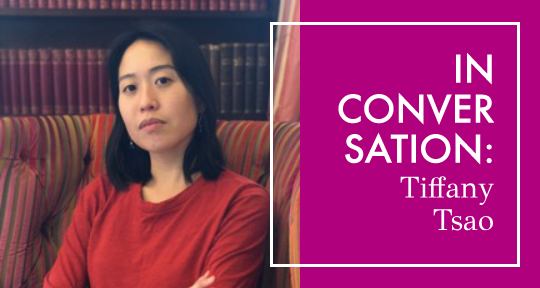In the twelve years since RuPaul’s Drag Race first premiered on the relatively unknown LGBTQIA+ cable channel Logo TV, the Emmy award-winning series has gained an immense global following and become one of the defining shows of our age. The reality TV show, which boasts thirteen seasons (along with six All Stars series), follows drag queens competing in a range of performance-based challenges to be crowned “America’s Next Drag Superstar.” More recently, the race has expanded overseas, with Spain becoming the latest in a series of international spinoffs, joining Thailand, the UK, Canada, Holland, and Australia/New Zealand. In its evolution from a niche talent show for US drag performers to a global cultural phenomenon, Drag Race has propelled a queer subculture from the margins to the mainstream and put drag performance in the international spotlight. In the journey to globalize the show, translation has played a key role in giving drag and LGBTQIA+ culture visibility around the world.
It is of course thanks to the subtitling and dubbing of Drag Race into multiple languages that the US original achieved global success and found audiences worldwide. For translators, capturing the nuances of the show is no small feat. Much of its entertainment relies on verbal and cultural humour, each episode packed with English-based puns, double-entendres, and innuendos that can be hard to translate. Similarly, the dialogue showcases slang terms, neologisms, and catchphrases that are deeply rooted in the drag and LGBTQIA+ culture of the US. Take “mothertuckin’,” for example. In drag culture, tucking, used here to rhyme with a certain English swearword, refers to a taping practice used by drag queens to make their genital anatomy appear more feminine. Recreating this kind of wordplay poses a challenge for translators working in a context with a less developed drag culture and associated vocabulary.


